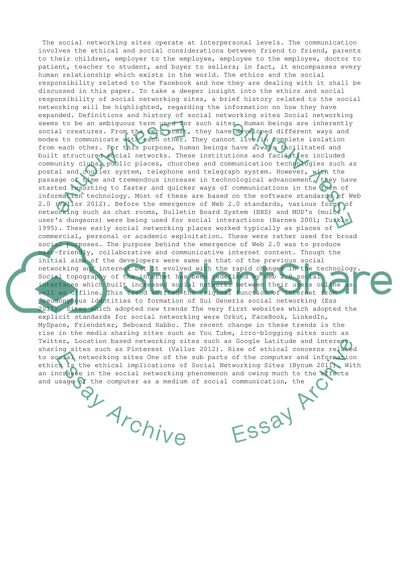Cite this document
(“Ethics and Social Responsibility Relevant to Facebook Essay”, n.d.)
Retrieved from https://studentshare.org/business/1465998-identify-why-ethics-and-social-responsibility-is
Retrieved from https://studentshare.org/business/1465998-identify-why-ethics-and-social-responsibility-is
(Ethics and Social Responsibility Relevant to Facebook Essay)
https://studentshare.org/business/1465998-identify-why-ethics-and-social-responsibility-is.
https://studentshare.org/business/1465998-identify-why-ethics-and-social-responsibility-is.
“Ethics and Social Responsibility Relevant to Facebook Essay”, n.d. https://studentshare.org/business/1465998-identify-why-ethics-and-social-responsibility-is.


